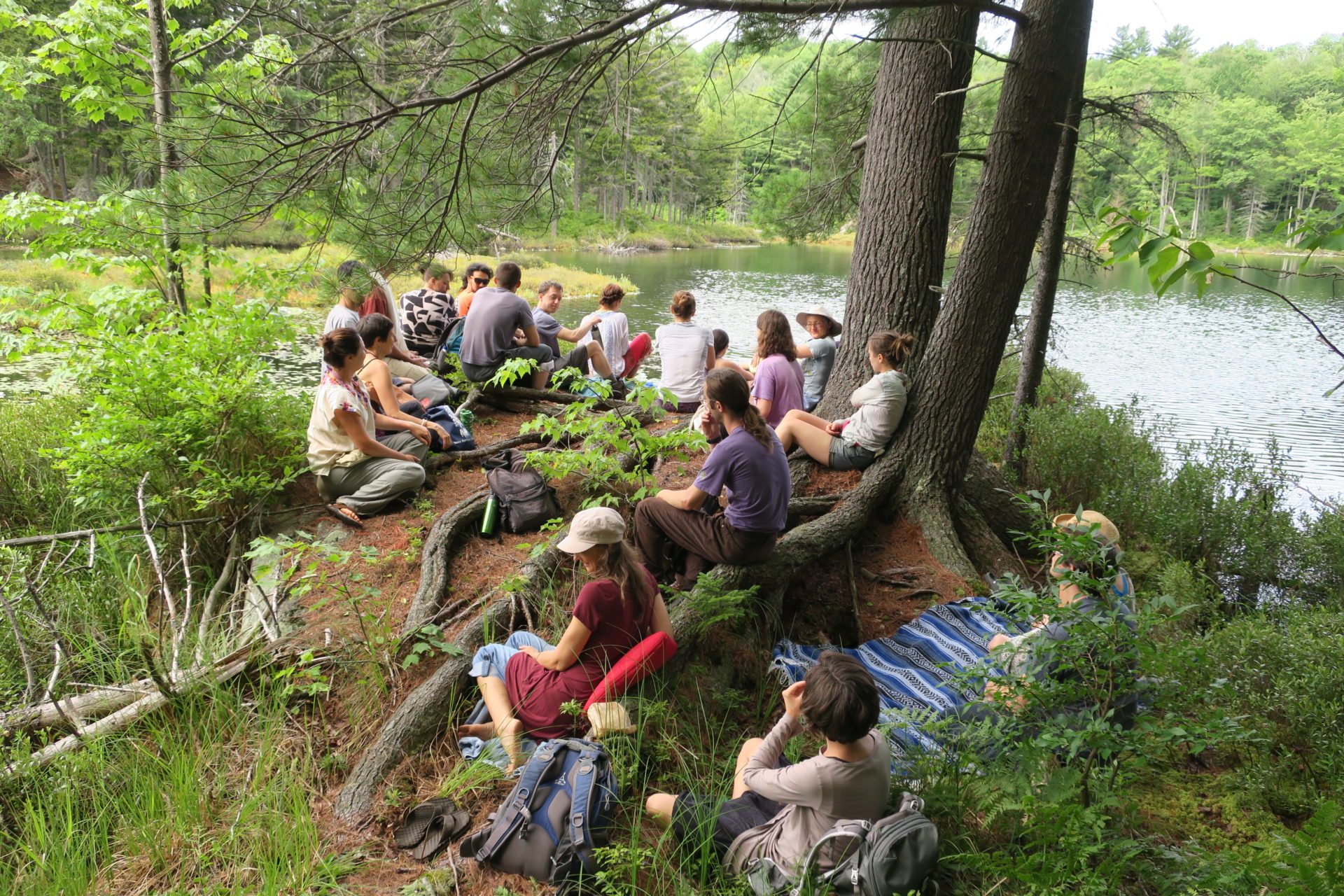By Thich Nhat Hanh
Dear Colleagues,
I am a teacher and I love my job, and I know very well that you love your job too. All of us want to help young men and women to be capable of being happy and of making those around them happy.
Our mission as teachers is not just to transmit knowledge, but to form human beings, to construct a worthy, beautiful human race,
By Thich Nhat Hanh
Dear Colleagues,
I am a teacher and I love my job, and I know very well that you love your job too. All of us want to help young men and women to be capable of being happy and of making those around them happy.
Our mission as teachers is not just to transmit knowledge, but to form human beings, to construct a worthy, beautiful human race, in order to take care of our precious planet.
I am very fortunate because the people—especially the young people—with whom I work and live have the same ideal. They want to learn to transform themselves so they can live happily and help others live happily too. So, every time I walk into my classroom there is happiness and mutual understanding between teacher and student, and a brotherhood and sisterhood which makes the work of teaching and studying much easier.
I always get to know about the life of my students. I tell them about my own difficulties and dreams so that communication between us may always be possible. We know that the children—the students of today—have a lot of suffering in them. This is often because their parents suffer. Their parents cannot communicate with each other, and it is not easy for the parents and children to communicate with each other either. There is a sort of loneliness, a kind of vacuum in the child, and the child tries to fill up this emptiness with video games, movies, television, food, drugs, and other things like these.
You know this all too well.
There is an enormous amount of suffering in young people, and this makes the work of teaching a lot more difficult. We ourselves, as teachers, have difficulties too. We try our very best, but the environment, our family, and the colleagues we work with have a lot of suffering in them.
If we as teachers, along with our colleagues, are not happy, how can we expect the children to be happy? This is a very important question! We may not yet have enough patience, understanding, freshness, or compassion to be able to confront all this suffering. There is a certain spiritual dimension we need to help us to transform and to begin to help the people around us—our family members, our partner and, then, others—to transform. If we succeed in this practice we become more pleasant, smiling, and compassionate.
The first step is to come back to yourself—the way out is in. Come back to yourself to be able to take care of yourself: learn how to generate a feeling of happiness; learn how to handle a painful feeling or emotion; listen to your own suffering, so that understanding and compassion can be born and you will suffer less. This is the first step and, as a teacher, you have to be able to do this. You have to begin with yourself. We have practice methods to help us do this, and we can practice these together joyfully.
Reprinted from Happy Teachers Change the World: A Guide for Cultivating Mindfulness in Education (2017) by Thich Nhat Hanh and Katherine Weare, with permission of Parallax Press, Berkeley, California, parallax.org.

